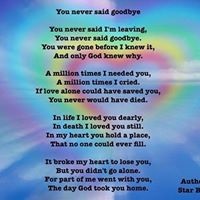When did food rationing stop in Britain after the Second World War?
Food rationing lasted for 14 years in Britain, from 1940 until 1954.
Before the Second World War Britain started to import about 55 million tons of food a year from other countries. After the war was declared in September 1939, the British government had to cut down on the amount of food it brought in from abroad as German submarines started attacking British supply ships. There was a worry that this would lead to shortages of food supplies in the shops, so the British government decided to introduce a system of rationing.
On 8 January 1940, bacon, butter and sugar were the first item to be rationed.
Rationing made sure that people got an equal amount of food every week. The government was worried that as food became scarcer, prices would rise and poorer people might not be able to afford to eat. There was also a danger that some people might hoard food, leaving none for others.
Every person in Britain was given a ration book. They had to register and buy their food from their chosen shops. There were no supermarkets, so people had to visit several different shops to buy meat, vegetables, bread and other goods.
When people wanted to buy some food, the items they bought were crossed off in their ration book by the shopkeeper.
When the second Workd War ended rationing continued on many items until 1954. In 1948 flour was the first item to be removed from rationing. Over the next six years rationing declined until 4 July, 1954 when rationing ended.
More Info:
www.primaryhomeworkhelp.co.uk




